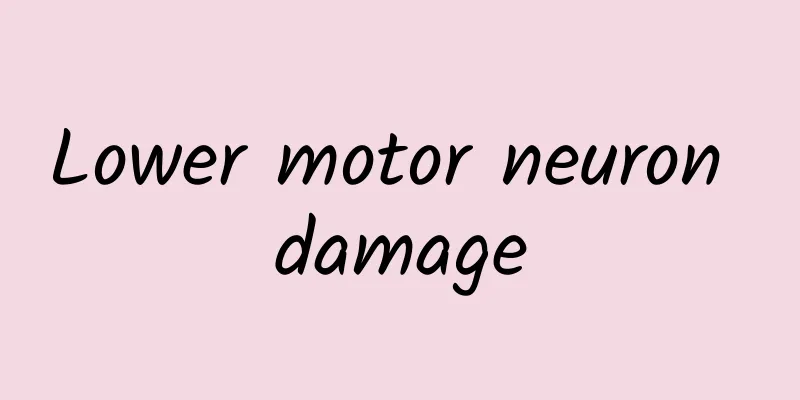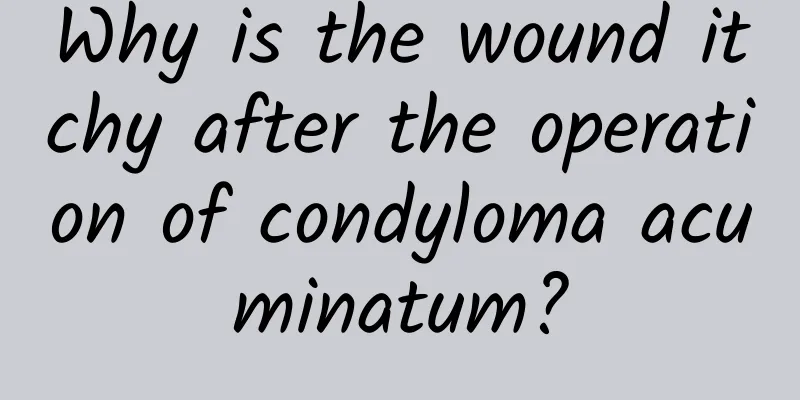Why is there pain when pressing on the upper chest?

|
Generally, pain inside the human body is caused by inflammation of tissues and organs. For example, pain when pressing the chest may be caused by costochondritis, pleurisy, chest wall lesions and other problems. This article mainly discusses pleurisy. Inflammation in the chest cavity must be treated as soon as possible, otherwise it will infect the healthy tissues and organs around the lesions in the late stage of inflammation, which may even be life-threatening. Let me give you a detailed introduction below. Introduction to pleurisy Pleurisy refers to inflammation of the pleura caused by pathogenic factors (usually viruses or bacteria) irritating the pleura, also known as "pleurisy". There may be fluid accumulation in the chest cavity (exudative pleurisy) or no fluid accumulation (dry pleurisy). After the inflammation is controlled, the pleura may return to normal, or the two layers of pleura may adhere to each other. The main clinical manifestations are chest pain, cough, chest tightness, shortness of breath, and even difficulty breathing. It is more common in young people and children. treat General treatment Exudative pleurisy is often accompanied by fever, and the patient should lie down to rest, lying on the affected side so that the healthy lung can fully play its compensatory role. Strengthen nutrition, increase appetite, and provide high-protein, high-calorie, multivitamin and easily digestible diet. For patients with high fever, physical cooling should be used and antipyretics should be given when necessary antibiotic Anti-tuberculosis drug therapy is suitable for the treatment of tuberculous (dry or exudative) pleurisy. The principle of anti-tuberculosis treatment is early treatment, sufficient medication and long-term use. Isoniazid, rifampicin, ethambutol, and streptomycin are used alternately, with a total course of treatment of 6 to 9 months. Tuberculous pleurisy is often treated with a combination of streptomycin and isoniazid. During the use of streptomycin, the patient should be observed for toxic reactions such as numbness of the lips, tinnitus, and deafness. If these reactions occur, the drug should be discontinued immediately. The hearing impairment caused by streptomycin is permanent, so we must be vigilant and be more cautious when using the drug on children. Isoniazid has a strong bactericidal effect and can penetrate tissues and cross the blood-brain barrier. It can be dripped into the trachea or administered into the chest cavity. Long-term use of isoniazid should monitor liver damage, conduct regular liver function tests, and promptly add liver-protecting drugs. If central nervous system reactions such as dizziness, insomnia or convulsions occur, vitamin B6 can be added for symptomatic treatment. Non-tuberculous pleurisy should be treated with appropriate drugs based on the primary disease (such as infection, tumor, etc.). Patients with purulent pleurisy or tuberculous empyema with infection are treated with penicillin. |
<<: What is the cause of the pain in the left chest of a man?
>>: Is breast pain a sign of pregnancy?
Recommend
What are the purple spots on my legs?
What are the purple spots on my legs? Many friend...
Yunnan Dendrobium officinale
If you are familiar with Dendrobium officinale, t...
Testicles always shrink
The testicles are an important organ for males to...
Symptoms of ophthalmoplegia, diagnosis of ophthalmoplegia
Ophthalmoplegia is a disease that many people are...
How to promote baby's neurological development
We all know that the healthy growth and developme...
The efficacy and function of Yiqi Buzhong Pills
Buzhong Yiqi Pills are the most common Chinese me...
Is connective tissue disease serious?
Connective tissue disease. Many friends may feel ...
Lumbar puncture
Lumbar puncture is a good way to treat some spina...
What to do if the skin turns red after a minor burn
It is quite common to get scalded accidentally in...
What medicinal materials are good for making wine?
Many people have a jar of medicinal wine in their...
The four most significant effects and functions of hawthorn tea
As we all know, health tea has many benefits to o...
Vitamins are good for the skin
There is a folk saying that if you want good skin...
What are the Chinese patent medicines for removing cold and dampness in the lower abdomen?
Cold and dampness in the lower abdomen is a commo...
Why do I feel itchy in my bones?
Why do I feel itchy inside my bones? Itching insi...
How does acupuncture treat tenosynovitis?
Tenosynovitis is a common clinical disease that h...









